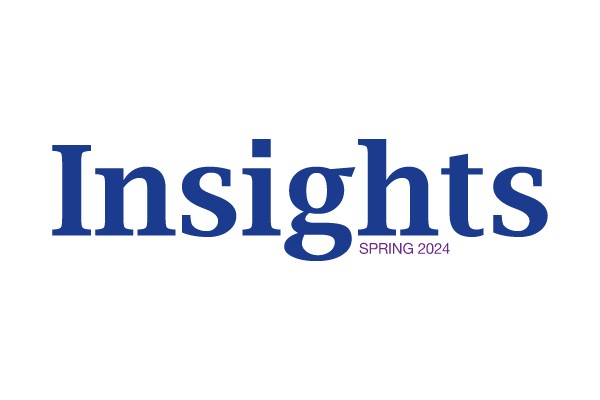Ask Educators: how can I maximize my gratuity payout?
Over the past month, we’ve been getting a lot of questions about what retiring educators can do in order to avoid paying unnecessary taxes on their gratuity.
One of those questions comes from an educator in Toronto, who writes:
Hi, I am retiring [next year], at which time I am entitled to over $40,000 in sick leave gratuity credit. I know that I can roll over some of this into an RRSP.
My questions are as follows:
- Should I create a new RRSP account, or just add to my existing one?
- How do I reduce the amount of taxes I have to pay on the balance?
- Also, can I ask the Board (Toronto District School Board) to delay giving me this money, and would I still have to declare this amount as income – even though I won’t actually have it yet?
Your assistance regarding this matter would be greatly appreciated.
Y.N. – Toronto
Educators Regional Vice-President, Client Advisory Services, Karen Hubbard responds:
Thank you for your great questions. Clients are asking me all the time what they can do to maximize their gratuity payout… and I’m happy to help – after all, that’s what my colleagues and I are here for.
Now let’s get to your questions…
- Yes, for any amount of your gratuity that can go to your RRSP (ensuring that you have the contribution room), you may use your existing RRSP as long as it is an individual account in your name. It cannot be transferred into a spousal RRSP.
- You may be able to reduce the taxes you have to pay on the entire gratuity by rolling all or part of it directly into your RRSP. It works as follows:
The amount eligible for rollover equals $2000 for every year (or part year) of service prior to 1996.So, let’s say you started in 1983: $2,000 x (1996 – 1983) = $26,000. Therefore, you may rollover $26,000 directly into your RRSP.Any amount of your gratuity over and above this $26,000 is dependent upon your RRSP contribution room. You may refer to your most recent Notice of Assessment (NOA) to obtain this figure. Any amount over and above this figure must then be taken as cash and taxed as income in the year that you receive it… but that leads me to your third and final question…
- Yes, some Boards (such as TDSB) will allow their members to defer remaining/non-rollover gratuity amounts to the following tax year, at which time it would be taxed as income. The ability to defer and over how many years may vary amongst the Boards, so make sure you consult with your Board to ensure deferral is an option that is available to you.
Of course every situation is unique, that’s why it’s important to speak to an Educators financial specialist for the advice that is specific to your individual circumstance.


